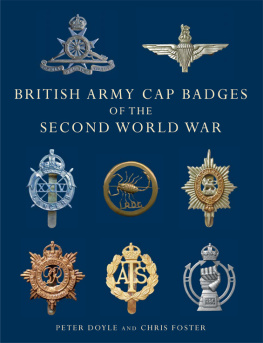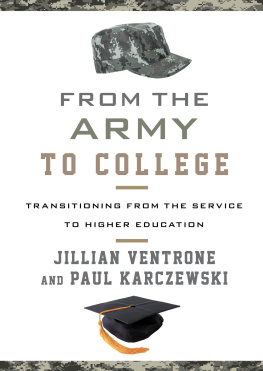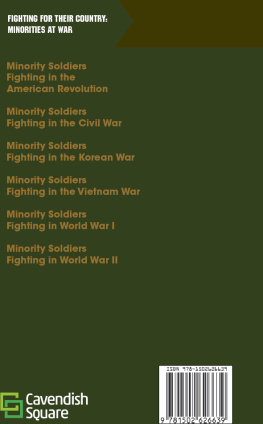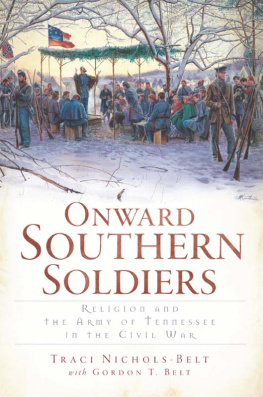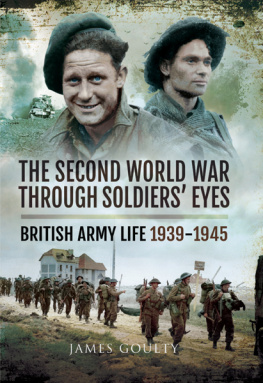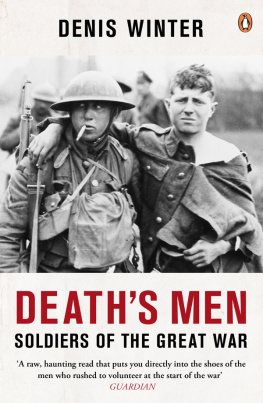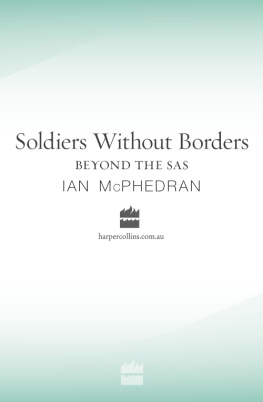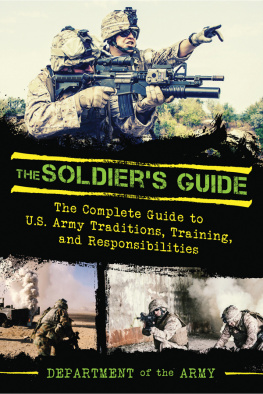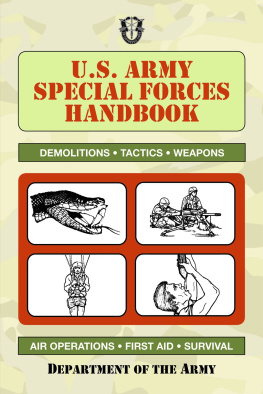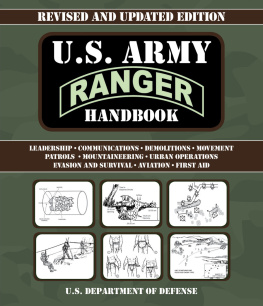First published in 1952 by Methuen & Co., Ltd.
This edition first published in 2022
by Routledge
2 Park Square, Milton Park, Abingdon, Oxon OX14 4RN
and by Routledge
605 Third Avenue, New York, NY 10158
Routledge is an imprint of the Taylor & Francis Group, an informa business
1952 Methuen & Co., Ltd.
All rights reserved. No part of this book may be reprinted or reproduced or utilised in any form or by any electronic, mechanical, or other means, now known or hereafter invented, including photocopying and recording, or in any information storage or retrieval system, without permission in writing from the publishers.
Trademark notice: Product or corporate names may be trademarks or registered trademarks, and are used only for identification and explanation without intent to infringe.
British Library Cataloguing in Publication Data
A catalogue record for this book is available from the British Library
ISBN: 978-1-03-201217-9 (Set)
ISBN: 978-1-00-319367-8 (Set) (ebk)
ISBN: 978-1-03-204396-8 (Volume 22) (hbk)
ISBN: 978-1-03-204402-6 (Volume 22) (pbk)
ISBN: 978-1-00-319302-9 (Volume 22) (ebk)
DOI: 10.4324/9781003193029
Publishers Note
The publisher has gone to great lengths to ensure the quality of this reprint but points out that some imperfections in the original copies may be apparent.
Disclaimer
The publisher has made every effort to trace copyright holders and would welcome correspondence from those they have been unable to trace.
First published in 1952
catalogue no. 3970/ u
printed in great britain
This book is dedicated, with infinite gratitude, to MARGARET, who has given me so much
but man is a noble animal , splendid in ashes and pompous in the grave , solemnizing nativities and deaths with equal lustre , nor omitting ceremonies of bravery in the infamy of his nature (Sir Thomas Browne)
FOREWORD
By G ENERAL SIR RONALD ADAM, Bt., G.C.B., D.S.O., O.B.E., formerly Adjutant-General to H.M. Forces
T he Special Training Units mentioned in this book were an experiment, and a valuable experiment, for they gave a chance to many difficult young men, and this was impossible in an operational unit in war time. The originator of the idea was Geoffrey Gilbey, but much credit was due to Lt.-Gen. Sir Ralph Eastwood, G.O.C, Northern Command, who encouraged and supported the first experiment at what later became No. 1 S.T.U.
It was not surprising that we had difficulties with the Young Soldiers battalions from whom the bulk of the young men came in the first years. These battalions were formed at a time when the Armys resources in officers and N.C.O.s were strained to the utmost by the re-formation of the returned divisions from France and the increased number of infantry battalions formed in the summer of 1940 to resist invasion. The Young Soldiers battalions were the final straw, and it was impossible to provide the numbers or types of officers and N.C.O.s required. At this time personnel selection had not been introduced; and, as a result, many young men were unhappily put into jobs that were too much above their capabilities or below them. That is bound to lead to unhappiness in any organization.
Much of the best work of the S.T.U.s was, however, carried out at a time when the Army was still hard pressed for resources. The writer remarks on the lack of trained psychologists to help. As the Army went overseas, and as the personnel selection work and officer selection work expanded, we had too few psychiatrists and psychologists to do the tasks required.
The three S.T.U.s were given a pretty free hand as to how they tackled the problem. In No. 1 S.T.U. much was done by letters and occasional visits to parents to enlist their help in making their sons into good soldiers, and I was always much struck by the help the parents could give if they were properly approached. This method was also adopted and developed by the other S.T.U.s.
I think we can say that the experiment was a success; and much is due to the officers and N.C.O.s, some with considerable experience in youth work and all enthusiasts, who, under considerable difficulties and misunderstandings, did a remarkable job of work. In particular the Commandants, Majors Gilbey, Hooker and Long, who contributed their own experiences to the experiment, and each in his own way worked out suitable methods of treatment.
I hope that something may be learned from this book to help to solve the problems of peace, which are no less acute than those of war. The industrial revolution has left us a problem that must be solved.
PREFACE
By P ROFESSOR SIR CYRIL BURT
A mong the many novel experiments that were initiated, in the 11 very midst of war, by General Sir Ronald Adam, was the formation of Special Training Units to deal with young soldiers who had failed to fit in with the disciplinary requirements of the Army, and were rapidly drifting into delinquency. It was hoped that, with the aid of appropriate training and careful individual treatment, many if not most of them might gradually develop decent habits of conduct, regain the self-respect that they had usually lost, and even take a pride in working efficiently with active units. As will be seen from the following chapters, the venture proved a remarkable success.
In an army, what is necessarily regarded as delinquency includes, not only acts that would constitute criminal offences in the eyes of the civil law, but various misdemeanours, such as deserting, being late or absent without leaveappearing on parade with a broken boot-lace or a rusty bayonetmany of which would scarcely call for official censure in ordinary civilian life. Nevertheless, there appears to be a close association between the two types of offence; and the military problems present many analogies with those that confront the criminologist who seeks to study the causes, the treatment, and the prevention of crime under the normal conditions of peace. Moreover, there are certain advantages in studying cases in the forces. The organization of the Army in wartime enables closer and more continuous observations to be carried out, and various types of treatment to be more systematically tried. As a member of the Advisory Committee of Psychologists, appointed by Sir Ronald Adam in the earlier years of the war, I myself took a personal if somewhat indirect interest in these and similar experiments, and can testify to the useful work then done. It was work which had both an immediate practical value and a theoretical significance of its own.



